Results
-
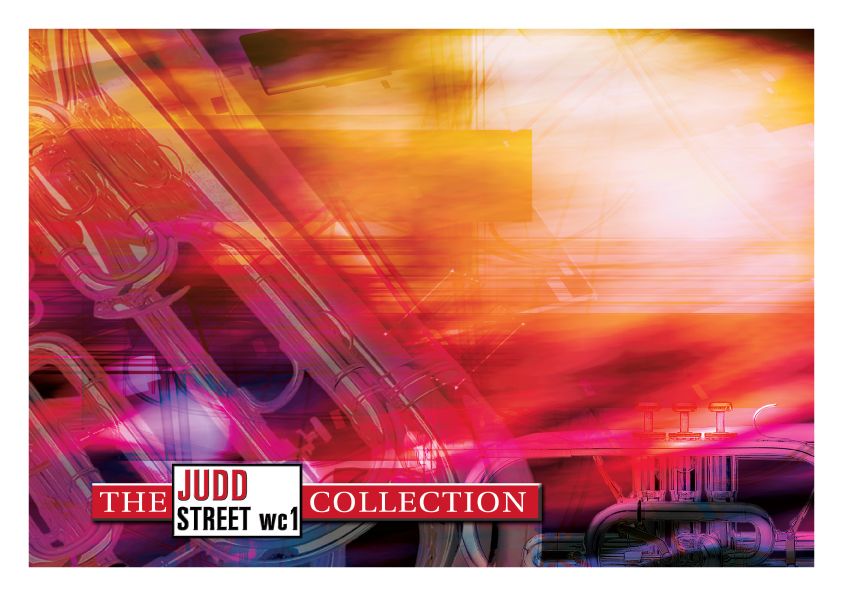 £44.95
£44.95Judd: Lord of Sea & Sky
Daniel Schutte's well-known hymn, 'I, the Lord of sea and sky', provides the basis for this major four movement work by Martin Cordner. The use of a four-note motif emphasising the first line of the chorus, 'Here I am, Lord' is evident throughout the work.
Estimated dispatch 7-14 working days
-
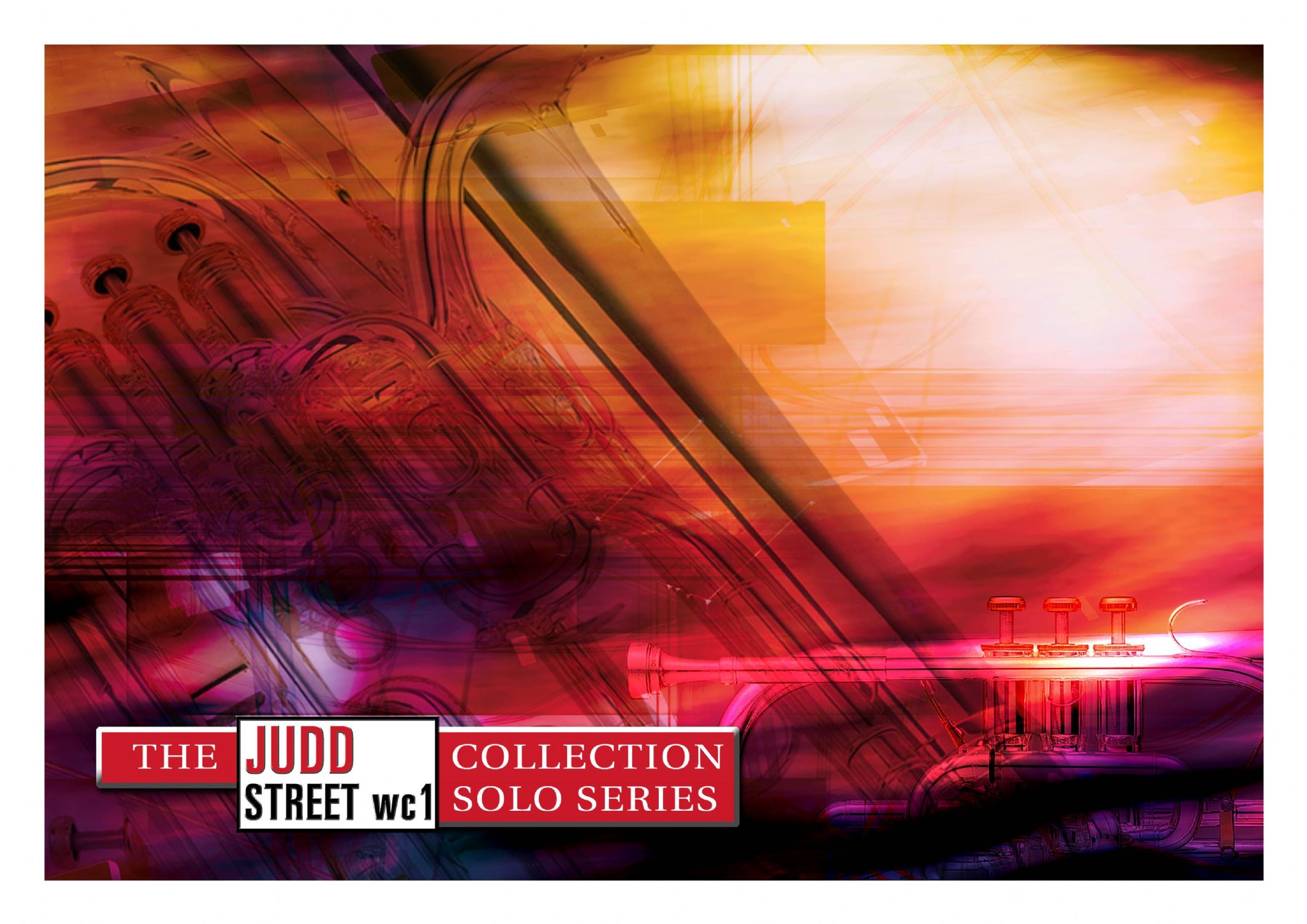 £29.95
£29.95Judd: The Challenge
Originally written for trumpet and piano in 1935, this solo exploits the character of the trumpet to good effect. It is a measure of the quality of Eric Ball's music that 'The Challenge' stands up today as fresh in its brass band guise as it did in its first published version.
Estimated dispatch 7-14 working days
-
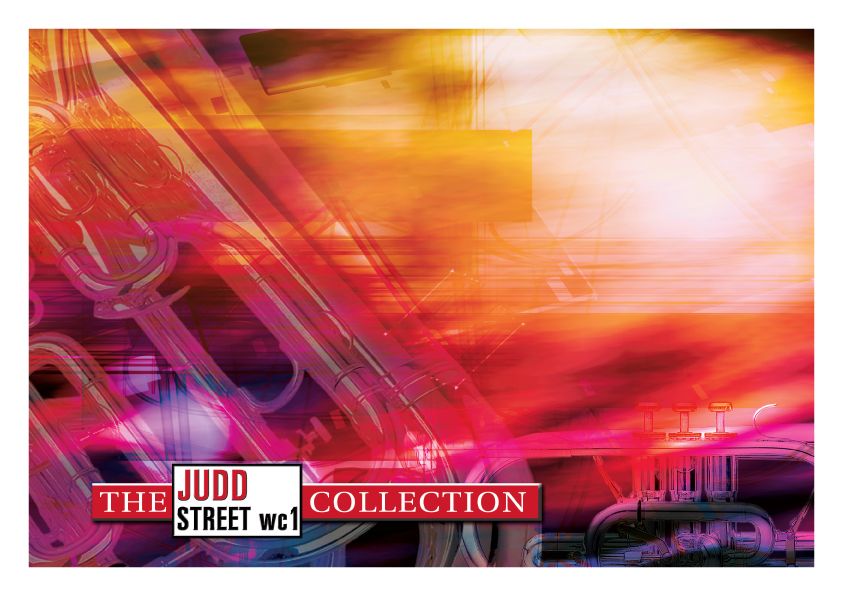 £34.95
£34.95Judd: The Father's Blessing
This music is a treatment of the tune that William Tomer wrote for the words 'God be with you till we meet again'. In recent years, Ralph Vaughan Williams' tune 'Randolph' has often been the preferred choice to accompany these words although this composer was drawn to the original tune. Serenity is the prevailing mood of the piece although there is chance for the band to 'open up' in the link passages.
Estimated dispatch 7-14 working days
-
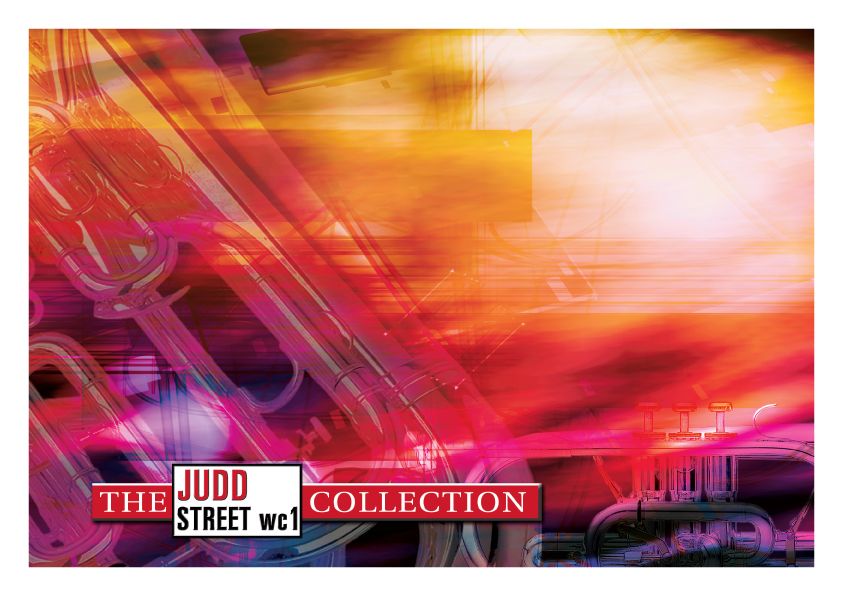 £29.95
£29.95Judd: The Gathering - Festival Prelude
'The Gathering' was written at the request of Canadian Staff Bandmaster John Lam. The composer was asked to write a concert opener for the Canadian Staff Band's trip to Holland, Germany and London as part of the ISB120 Celebrations in 2011. The well-known Dutch hymn, 'We gather together', was chosen as the source material for the piece. The melody goes through a couple different settings before a rousing conclusion.
Estimated dispatch 7-14 working days
-
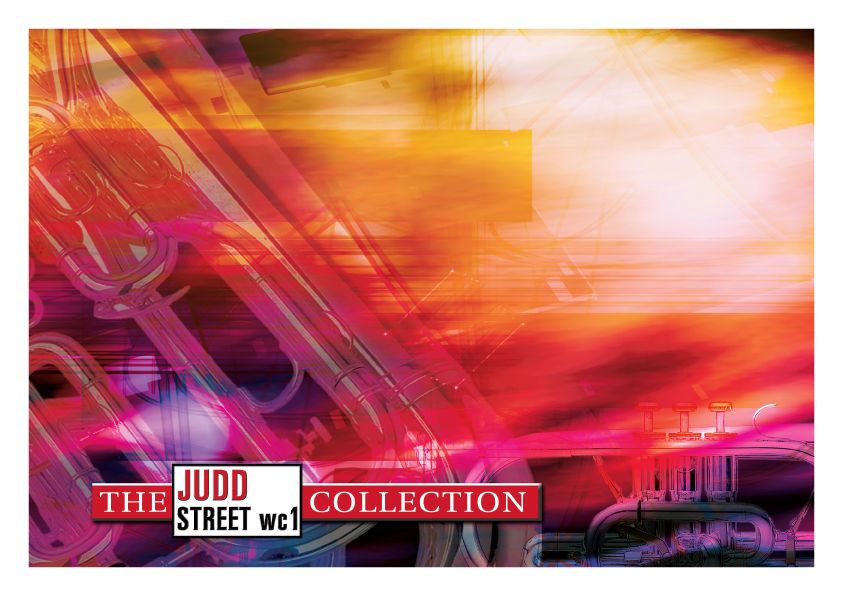 £59.95
£59.95Judd: The Holy War
Inspired by John Bunyan's allegory of the same name, the composer paints a sound picture of spiritual warfare between the forces of good and evil. Martin Luther's Reformation chorale Ein feste Burg (A Mighty Fortress is our God) serves as the rallying point for 'good' forces led by Mansoul. This brilliant score, A Salvation Army epic, serves as an example of marvellous invention, colourful scoring and compact formal symmetry.
Estimated dispatch 7-14 working days
-
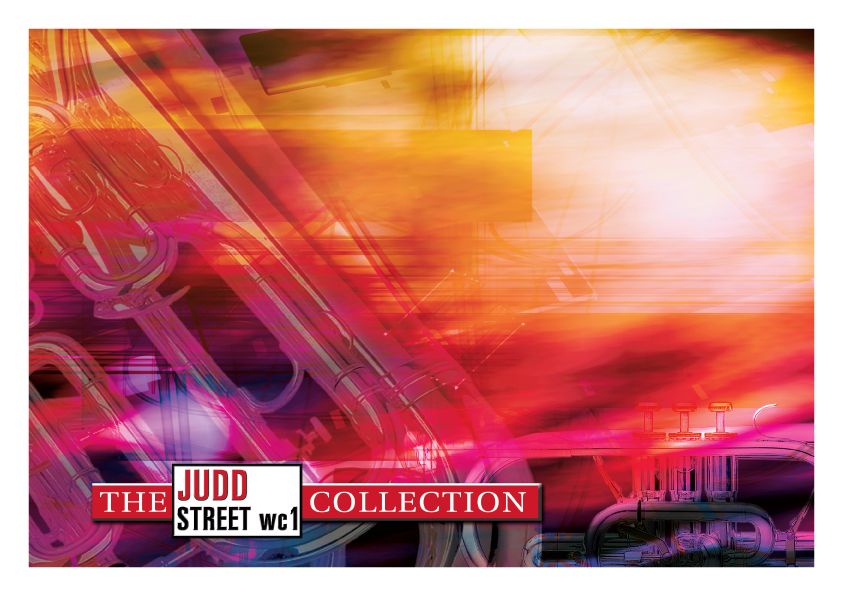 £29.95
£29.95Judd: The Roll Call
This march derives its title from the American hymn When the roll is called up yonder which is used as a bass solo. British expatriate William Broughton became a master of the American street march, the trio and break-up strain of this march being unmistakeably American and reminiscent of the golden age of American band music under Sousa, King and Fillmore.
Estimated dispatch 7-14 working days
-
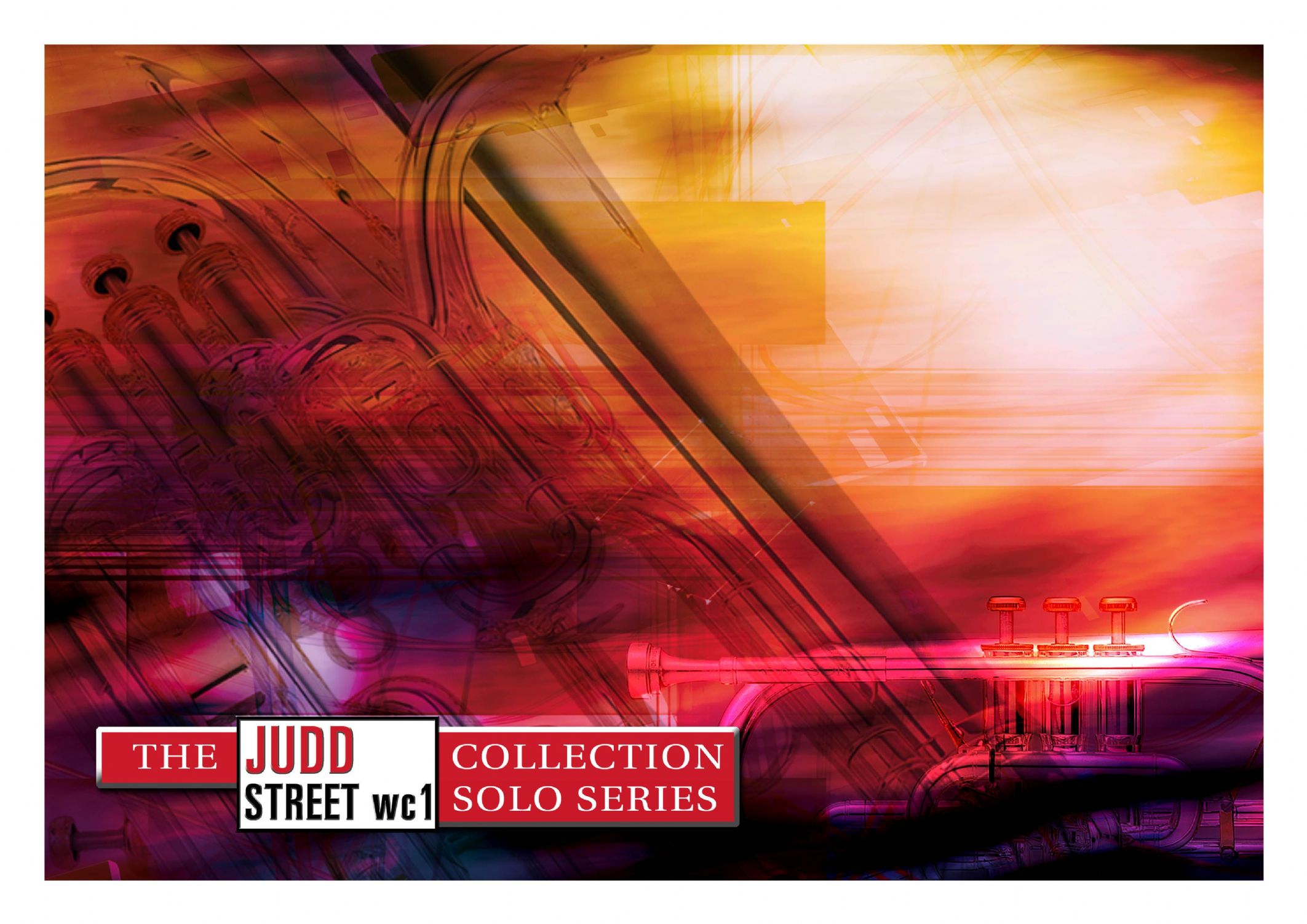 £24.95
£24.95Judd: The Swan
Featured by many Euphonium soloists over the years, the main aim of the soloist here is to re-create the sonorous sound of the cello, for which instrument it was set in its original form in 'Carnival of the Animals'
Estimated dispatch 7-14 working days
-
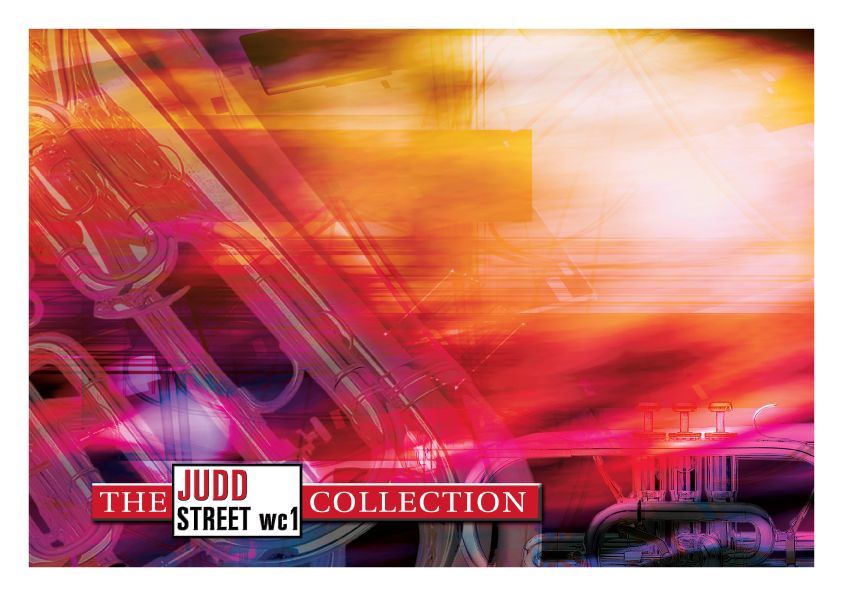 £44.95
£44.95Judd: The Triumph of Peace
This ever popular Eric Ball 'classic' is played as much today as it has ever been. Composed in the wake of the Munich crisis and the return of British Prime Minister Neville Chamberlain after his talks with Hitler, this tone poem juxtaposes music of urgency (the chromatic opening subject) with Eric Ball's own hymn for peace, 'Peace in our time O Lord'.
Estimated dispatch 7-14 working days
-
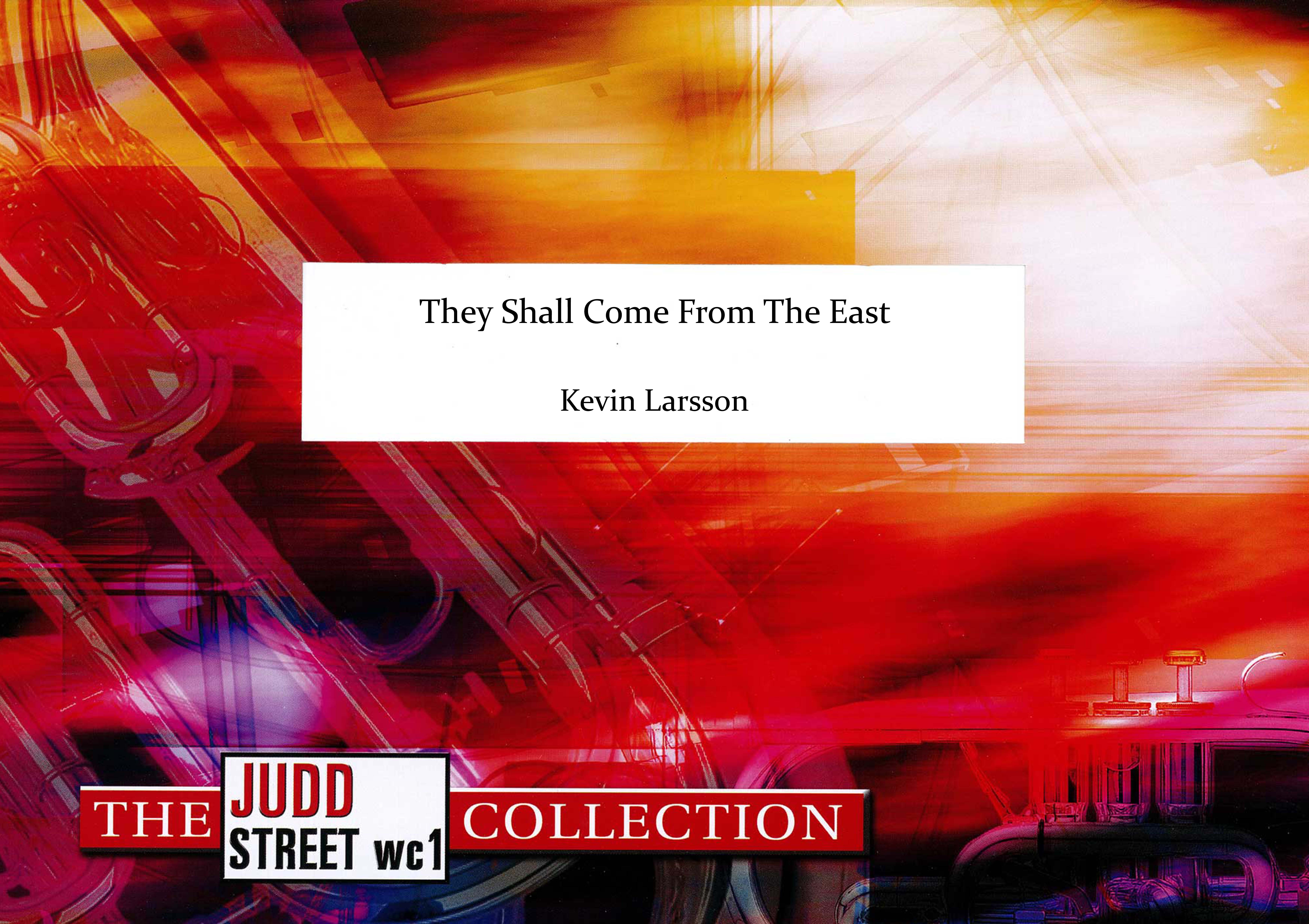 £29.95
£29.95They Shall Come from the East (Brass Band - Score and Parts)
One of the most well-known songs from the Gowans and Larsson musical, 'The Blood of the Lamb' is given an 'African' treatment which builds to a majestic climax emphasising the words; 'From every tribe and every race, all men as brothers shall embrace; they shall come from the east, they shall come from the west, and sit down in the Kingdom of God'.
Estimated dispatch 7-14 working days
-
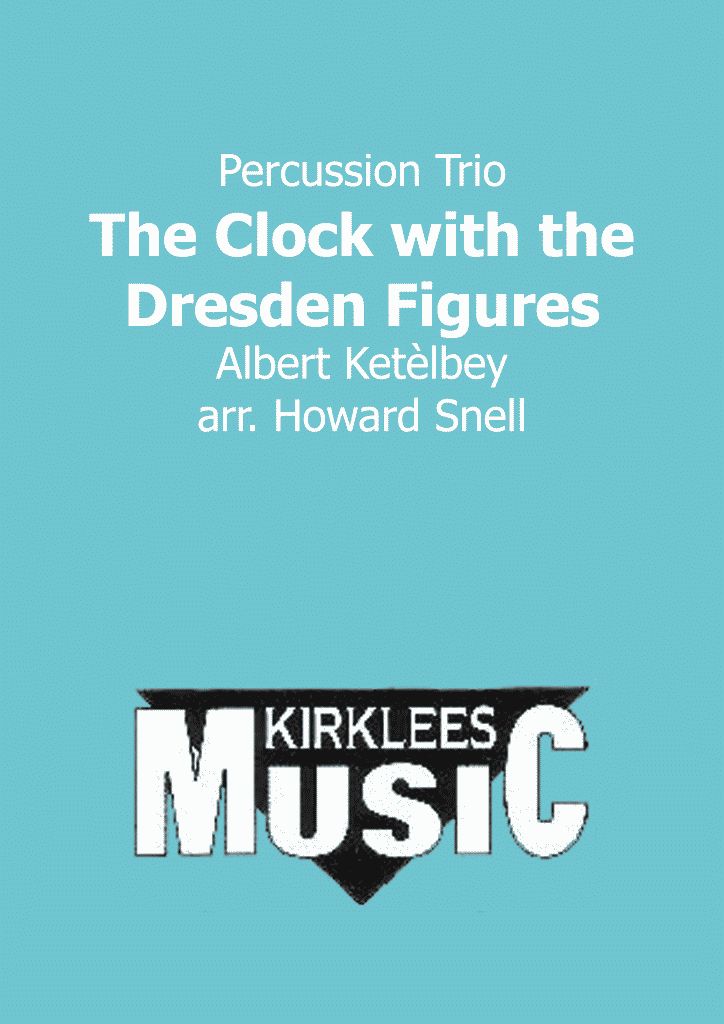 £42.50
£42.50The Clock with the Dresden Figures (Percussion)
Howard Snell has arranged this delicious number by Albert Ketelby for three percussionists. It is the kind of seaside bandstand music that still delights listeners in the 21st century. Musically very skilled, Ketelby and other stalwarts like Percy Fletcher, Eric Coates, and later, Gilbert Vinter, turned out enormous quantities of high quality 'light' music" principally in the first half of the 20th century.
Estimated dispatch 7-14 working days
